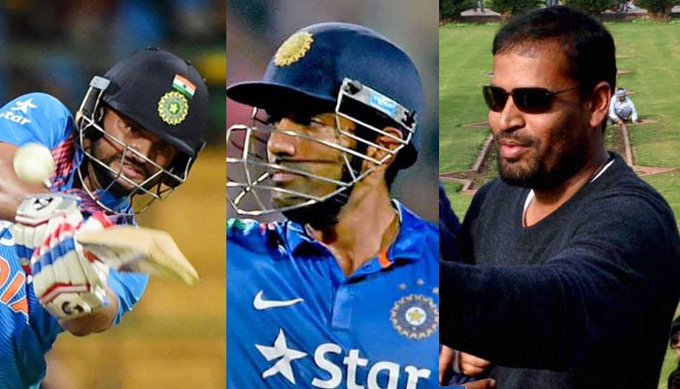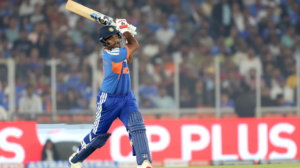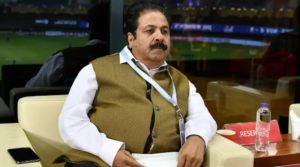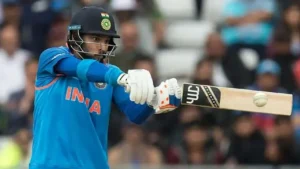“Please let us go, honest to god.” “It’s about respect, it’s a fight for respect.” These comments by Robin Uthappa and Suresh Raina are a call for help. Is it about a return to the Indian cricket team? No. It is a cry for help.
It is a cry for them to be part of an international trend that has been in place for the last 12 years. They have been pleading to the richest cricket board in the world. The Indian cricket players have been exempt from this international practice for over a decade.
The urge to exhibit their talents in overseas T20 leagues other than the IPL has been denied for the last 12 years. All due to the dictatorial policy of the BCCI under the clause of ‘exclusivity’.
Ever since the onset of the Indian Premier League in 2008, players from India have plied their trade only for one franchise.
Players from Australia, West Indies, New Zealand, Bangladesh, England, and South Africa get an opportunity to play in overseas T20 leagues like the Caribbean Premier League (CPL), the English Vitality Blast, Big Bash League (BBL), Pakistan Super League (PSL) and sometimes the Super Smash in New Zealand.
The procedure is simple – Get a NOC (No Objection Certificate) from their home boards and then they can be picked in any of the franchises mentioned in the respective leagues.
Numbers make BCCI foolish
“From the point of view of the board and the interests of Indian cricket, the intent is to ensure a system where the non-contracted players are able to command good value at the IPL auction. Exclusivity is the key,” said one BCCI official. This farcical statement, in the backdrop of players like Harbhajan Singh, Irfan Pathan, Yusuf Pathan all having their NOCs revoked only makes the BCCI foolish.
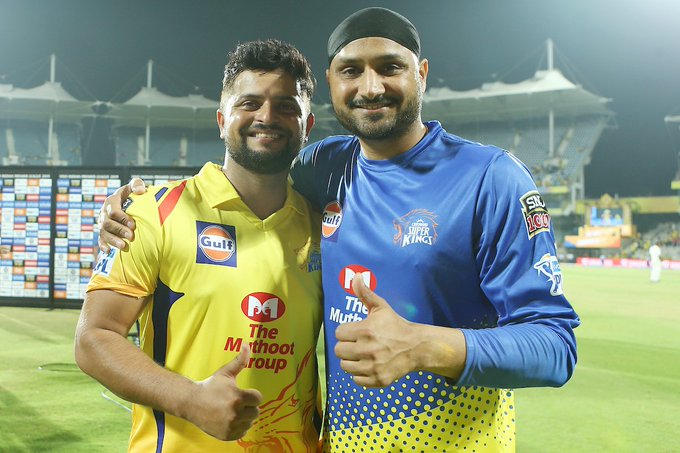
For all the talk of big money and producing talent, the Indian cricket team has been mediocre in World T20s ever since 2007.
Barring their win in the inaugural edition, they have crashed out in the Super Six stage in 2009, 2010 and 2012 while they lost in the final in 2014 and in the semis in 2016.
Thus, only one win in 13 years in T20s, at a time when 672 games in the IPL have been played and 134 T20Is in this period, it does not give you a good bigger picture.
On the other hand, the West Indies team, who have won the World T20 twice, have benefited from majority of the players plying their trade in overseas T20 leagues.
Different conditions, different pressure situations and different ways to hone their abilities has what made them a T20 machine. It is simple.
With Indian players restricted to just one league while foreign players get to make the cake and eat it, which just does not put the BCCI in good light.
Learn from Women Cricketers
In many ways, India’s women cricketers are charting a revolution unlike the men. The likes of Harmanpreet Kaur, Smriti Mandhana, Deepti Sharma, Veda Krishnamurthy have all played in the overseas T20 leagues- Women’s Big Bash League in Australia and the Kia Super League Women’s tournament in England.
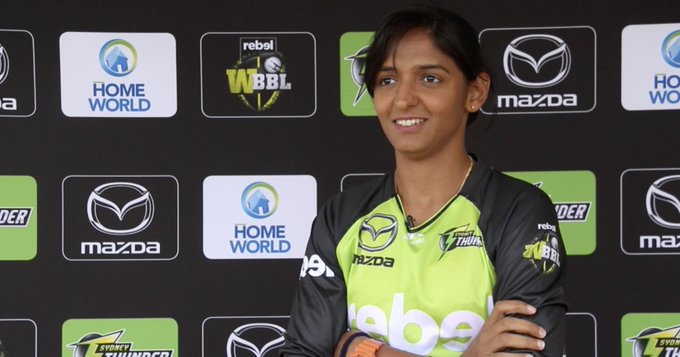
All these women cricketers have played in overseas T20 leagues and the confidence is palpably visible. India women’s cricket team has witnessed a spike in fortunes, having reached the final in 2020 and in the semis in 2018.
They have been able to defeat top teams like Australia, New Zealand, and England and all this has been due to the exposure in overseas T20 leagues.
In the guise of ‘exclusivity’, how long can BCCI peddle the mediocrity of the Indian team when it comes to major ICC tournaments? Exposure to different conditions can only benefit sides and players in honing their skills.
Not to mention the right to huge monetary benefits which they can get. Also, if an Indian player plays in a foreign league, that league can also grow and T20 cricket can only expand. It is about time the BCCI recognizes the cry of help from players who have every right to earn and grow.

